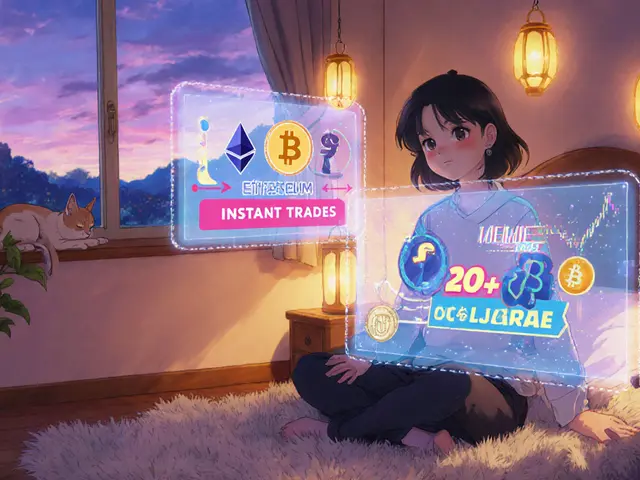State Money Transmitter License: What It Means for Crypto Exchanges and Users
When you use a crypto exchange, you’re trusting it with your money—and that’s why state money transmitter license, a legal requirement for businesses handling money transfers across U.S. states. Also known as MTL, it’s not just a formality—it’s a baseline for safety. If a platform doesn’t have one, it’s operating in the gray zone. And if something goes wrong—hacked funds, frozen withdrawals, or a sudden shutdown—you won’t have legal recourse.
This license is issued by individual states, not the federal government, which means rules vary wildly. In New York, you need a BitLicense. In Texas, you file with the Department of Banking. In California, it’s the Department of Financial Protection and Innovation. Some states require millions in bonding, strict AML systems, and regular audits. Others have looser rules. That’s why you see exchanges like ZT or Ankerswap disappear overnight—they never applied, or they got shut down for skipping the process. Meanwhile, platforms that do get licensed, like those operating in Nigeria under SEC rules or Pakistan under PVARA, build trust by showing they’re accountable.
It’s not just about exchanges. If a company runs a DePIN network, offers staking rewards, or even runs a peer-to-peer crypto payment service, they might need this license too. The VASP, Virtual Asset Service Provider. Also known as crypto intermediary, it’s the term regulators now use to cover anything that moves digital assets for others. The SEC’s $4.68 billion in fines in 2024 didn’t come from random picks—they targeted companies that skipped licensing while acting like banks. Even if a token like NUX or MIN seems harmless, the platform behind it could be breaking the law by not holding a license.
For users, this isn’t about bureaucracy—it’s about protection. A licensed exchange must keep your funds separate from its own money. It must report suspicious activity. It must have insurance or reserves to cover losses. Unlicensed platforms? No such rules. That’s why CAKEBANK’s $0.00000207 token and Shido DEX’s zero trading volume are red flags—they don’t just lack users, they lack oversight. When Morocco bans crypto but people still use it for remittances, or Pakistan allocates 2,000 MW for mining under new rules, the real question isn’t whether crypto works—it’s whether the people handling your money are legally allowed to.
What you’ll find below are real cases—exchanges that failed because they ignored licensing, platforms that got shut down for operating without it, and the hidden risks of using services that skip this step. You’ll see how a single license can mean the difference between a platform that lasts and one that vanishes overnight.
Cryptocurrency Exchange Licensing Requirements in the U.S. in 2025
U.S. cryptocurrency exchanges must navigate federal MSB registration, state money transmitter licenses, and new rules under the CLARITY Act. Costs exceed $2 million, timelines stretch over years, and 65% of applications get rejected. Learn what it really takes to operate legally in 2025.





